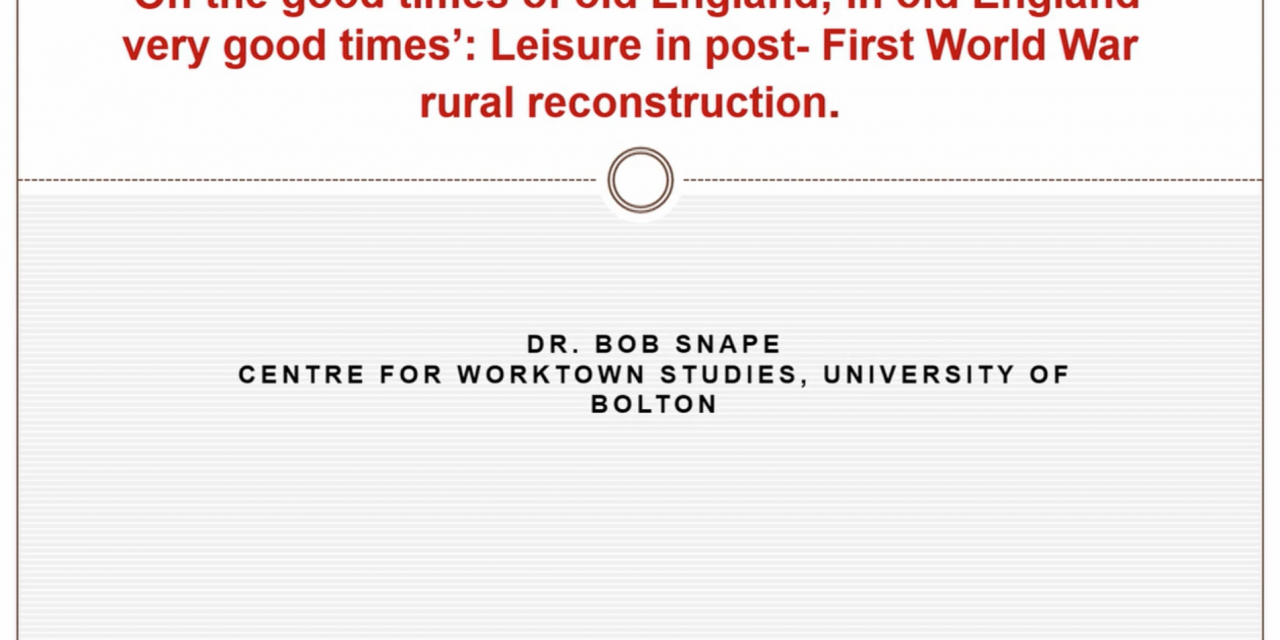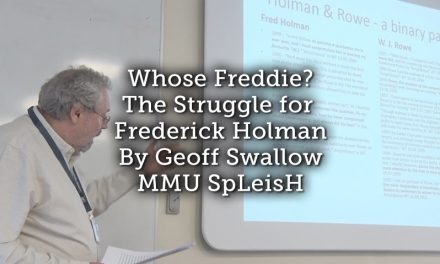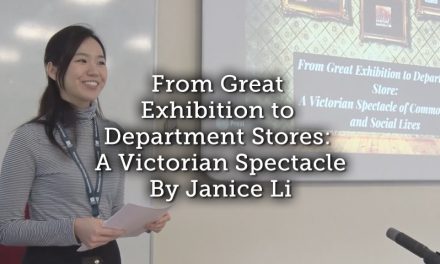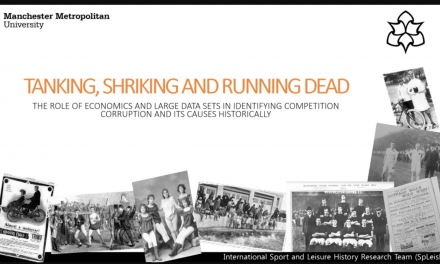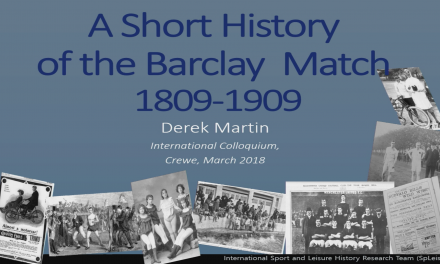Presented by Prof. Bob Snape
Centre for Worktown Studies, University of Bolton
‘Oh the good times of old England; in old England very good times’: Leisure in post- First World War rural reconstruction.
At the close of the First World War Britain was faced with the huge task of post-war economic and social reconstruction. Intent on building a better society than that which had existed before the war, intellectuals, social policy makers and social reform movements were imaginative and sometimes utopian in their ideas of how this society could become a reality. In both urban and rural areas, the re-building of social communities was a key aim and in both cases leisure was central to the voluntary association that would, it was expected, provide the catalyst to energise community interest and social citizenship. In urban areas, and especially on the new estates, the National Council of Social Service New Estates Committee, under the direction of the classicist Ernest Barker, drew on the social philosophy of Plato and Aristotle to imagine a new community formed around leisure association in a community centre. In rural areas the object of re-vitalising a village community was similarly to be achieved by building village halls to serve as a centre of social life formed around leisure. However, in rural England tensions between a modernization of the countryside and the preservation of an imagined past sent reconstruction along a different path. This paper explores how leisure lay at the heart of this conflict as a sphere in which contested versions of modernity and tradition were played out.
Article © Bob Snape

